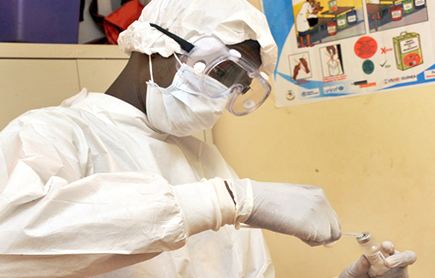Since December 2019 the world has changed at a such an alarming speed and manner never experienced for over a century. All THRiVE consortium partners have been impacted in one way or another. Countries have implemented public health and health care delivery measures some of which had not been experienced for generations. They included lock down of countries, and physical and social distancing. These prevention and control measures along with the morbidity and mortality among the infected and affected, the associated fears, myths, panic and stigma within and across national borders have disrupted normal business but also sparked disruptive innovations. Whereas ongoing research programs have been interrupted by major research challenges, new opportunities have emerged. THRiVE fellows and mentors have been a great resource, through creativity and innovation in determining how to continue with prior commitments but also re-purpose their skills to engage in COVID-19 related research and providing support to accelerate usage of research results to impact policy and practice for addressing new and worsening health challenges including inequities. They joined health teams advising local and
central governments, implementation research needed to inform planning for a more effective and sustainable public health response for current and future epidemic. Planning for and implementing ethical research in such a rapidly changing context requires clear leadership, strategic thinking, foresight, and ability to quickly mobilse resources. Leaderships skills and those in scientific citizenship have become very handy in implementing a COVID-19 response. There are, however, numerous ethical and human rights challenges that require our full attention. At the end of the pandemic
we will need to take stock of the lessons learned, the positive and negative impacts of the pandemic, and the contributions we made to science. There are likely to be lasting legacies on the research ecosystem.

